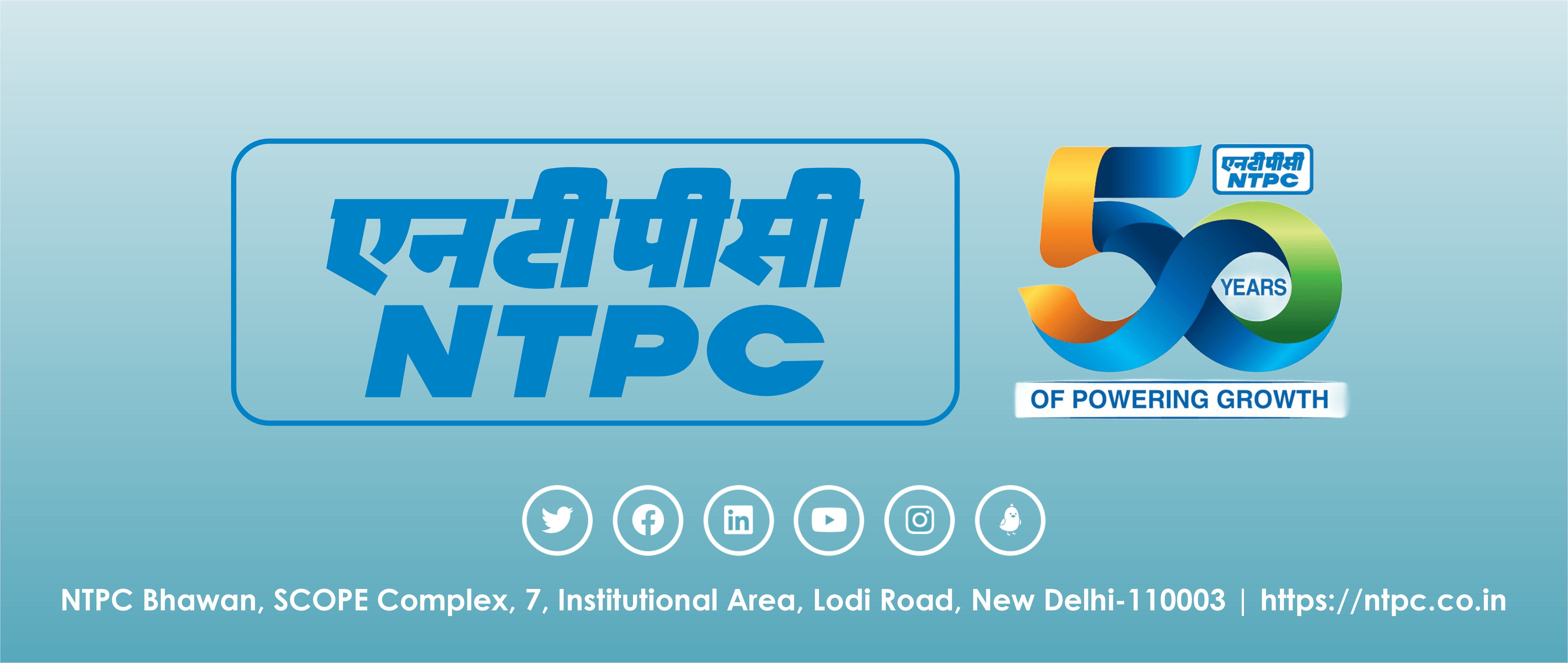TO RECIEVE EXCLUSIVE POSTS AND NEWS
 For the last few weeks, it has been in the air that the awkward sounding Banks Board Bureau (BBB), headed by former CAG Vinod Rai may be wound up when he retires at the end of March. It won't be a bad idea considering its dysfunctionalities from its inception and how it has been repeatedly shot in the foot from February 28, 2016, when its constitution and composition was announced. It may also help its highly competent people to devote themselves to something better outside the government influence than getting into unproductive and senseless turf wars with power blocs entrenched in New Delhi.
Banking reforms are easier said than done. Because no one in the political and bureaucratic establishment feels the necessity to serve the public interest. The argument is that, if public sector banks are allowed to function in line with international banks, the central or state governments won't have any leverages with businesses and, most importantly, powerful social-cum-political communities.
Reports have it that Rai was unable to make much headway in implementing the bureau's charter. And in the light of the recent fraud at the Punjab National Bank, the inadequacies of the bureau showed up even more starkly. One BBB member, H.N. Sinor, had resigned after the board was bypassed when the government changed the top management of Bank of India and PNB. In the rejig, PNB chief Usha Ananthasubramanian was shifted to Allahabad Bank and Melwyn O. Rego, head of Bank of India, was sent to Syndicate Bank.
There are several cases like this.
So, it's not a bad idea at all to let the BBB die a natural death. In fact, the BBB was a bad idea as the objective behind it was to delay the real PSB reforms. Delhi's power brokers, by playing their usual power games, ensured that even the patchy reforms that the BBB might have ideated won't get through. So, let the BBB die. No one is going to shed a tear or two.
For the last few weeks, it has been in the air that the awkward sounding Banks Board Bureau (BBB), headed by former CAG Vinod Rai may be wound up when he retires at the end of March. It won't be a bad idea considering its dysfunctionalities from its inception and how it has been repeatedly shot in the foot from February 28, 2016, when its constitution and composition was announced. It may also help its highly competent people to devote themselves to something better outside the government influence than getting into unproductive and senseless turf wars with power blocs entrenched in New Delhi.
Banking reforms are easier said than done. Because no one in the political and bureaucratic establishment feels the necessity to serve the public interest. The argument is that, if public sector banks are allowed to function in line with international banks, the central or state governments won't have any leverages with businesses and, most importantly, powerful social-cum-political communities.
Reports have it that Rai was unable to make much headway in implementing the bureau's charter. And in the light of the recent fraud at the Punjab National Bank, the inadequacies of the bureau showed up even more starkly. One BBB member, H.N. Sinor, had resigned after the board was bypassed when the government changed the top management of Bank of India and PNB. In the rejig, PNB chief Usha Ananthasubramanian was shifted to Allahabad Bank and Melwyn O. Rego, head of Bank of India, was sent to Syndicate Bank.
There are several cases like this.
So, it's not a bad idea at all to let the BBB die a natural death. In fact, the BBB was a bad idea as the objective behind it was to delay the real PSB reforms. Delhi's power brokers, by playing their usual power games, ensured that even the patchy reforms that the BBB might have ideated won't get through. So, let the BBB die. No one is going to shed a tear or two.
Readers' Choice
Haryana IAS may be forcibly retired for her long absence from duty 3 hours ago
Bihar Chief Secretary may get service extension 22 hours ago
Rajasthan Govt recommends halting pension of IAS officer in wheat scam case 23 hours ago
Neeraj Mandloi is new ACS to Chief Minister, IAS reshuffle includes nine officers 07 Jul 2025
RK Sharma takes charge as DGP 03 Jul 2025
Let BBB die?
By IndianMandarins - 2018-03-05 10:17:21
 For the last few weeks, it has been in the air that the awkward sounding Banks Board Bureau (BBB), headed by former CAG Vinod Rai may be wound up when he retires at the end of March. It won't be a bad idea considering its dysfunctionalities from its inception and how it has been repeatedly shot in the foot from February 28, 2016, when its constitution and composition was announced. It may also help its highly competent people to devote themselves to something better outside the government influence than getting into unproductive and senseless turf wars with power blocs entrenched in New Delhi.
Banking reforms are easier said than done. Because no one in the political and bureaucratic establishment feels the necessity to serve the public interest. The argument is that, if public sector banks are allowed to function in line with international banks, the central or state governments won't have any leverages with businesses and, most importantly, powerful social-cum-political communities.
Reports have it that Rai was unable to make much headway in implementing the bureau's charter. And in the light of the recent fraud at the Punjab National Bank, the inadequacies of the bureau showed up even more starkly. One BBB member, H.N. Sinor, had resigned after the board was bypassed when the government changed the top management of Bank of India and PNB. In the rejig, PNB chief Usha Ananthasubramanian was shifted to Allahabad Bank and Melwyn O. Rego, head of Bank of India, was sent to Syndicate Bank.
There are several cases like this.
So, it's not a bad idea at all to let the BBB die a natural death. In fact, the BBB was a bad idea as the objective behind it was to delay the real PSB reforms. Delhi's power brokers, by playing their usual power games, ensured that even the patchy reforms that the BBB might have ideated won't get through. So, let the BBB die. No one is going to shed a tear or two.
For the last few weeks, it has been in the air that the awkward sounding Banks Board Bureau (BBB), headed by former CAG Vinod Rai may be wound up when he retires at the end of March. It won't be a bad idea considering its dysfunctionalities from its inception and how it has been repeatedly shot in the foot from February 28, 2016, when its constitution and composition was announced. It may also help its highly competent people to devote themselves to something better outside the government influence than getting into unproductive and senseless turf wars with power blocs entrenched in New Delhi.
Banking reforms are easier said than done. Because no one in the political and bureaucratic establishment feels the necessity to serve the public interest. The argument is that, if public sector banks are allowed to function in line with international banks, the central or state governments won't have any leverages with businesses and, most importantly, powerful social-cum-political communities.
Reports have it that Rai was unable to make much headway in implementing the bureau's charter. And in the light of the recent fraud at the Punjab National Bank, the inadequacies of the bureau showed up even more starkly. One BBB member, H.N. Sinor, had resigned after the board was bypassed when the government changed the top management of Bank of India and PNB. In the rejig, PNB chief Usha Ananthasubramanian was shifted to Allahabad Bank and Melwyn O. Rego, head of Bank of India, was sent to Syndicate Bank.
There are several cases like this.
So, it's not a bad idea at all to let the BBB die a natural death. In fact, the BBB was a bad idea as the objective behind it was to delay the real PSB reforms. Delhi's power brokers, by playing their usual power games, ensured that even the patchy reforms that the BBB might have ideated won't get through. So, let the BBB die. No one is going to shed a tear or two.






















